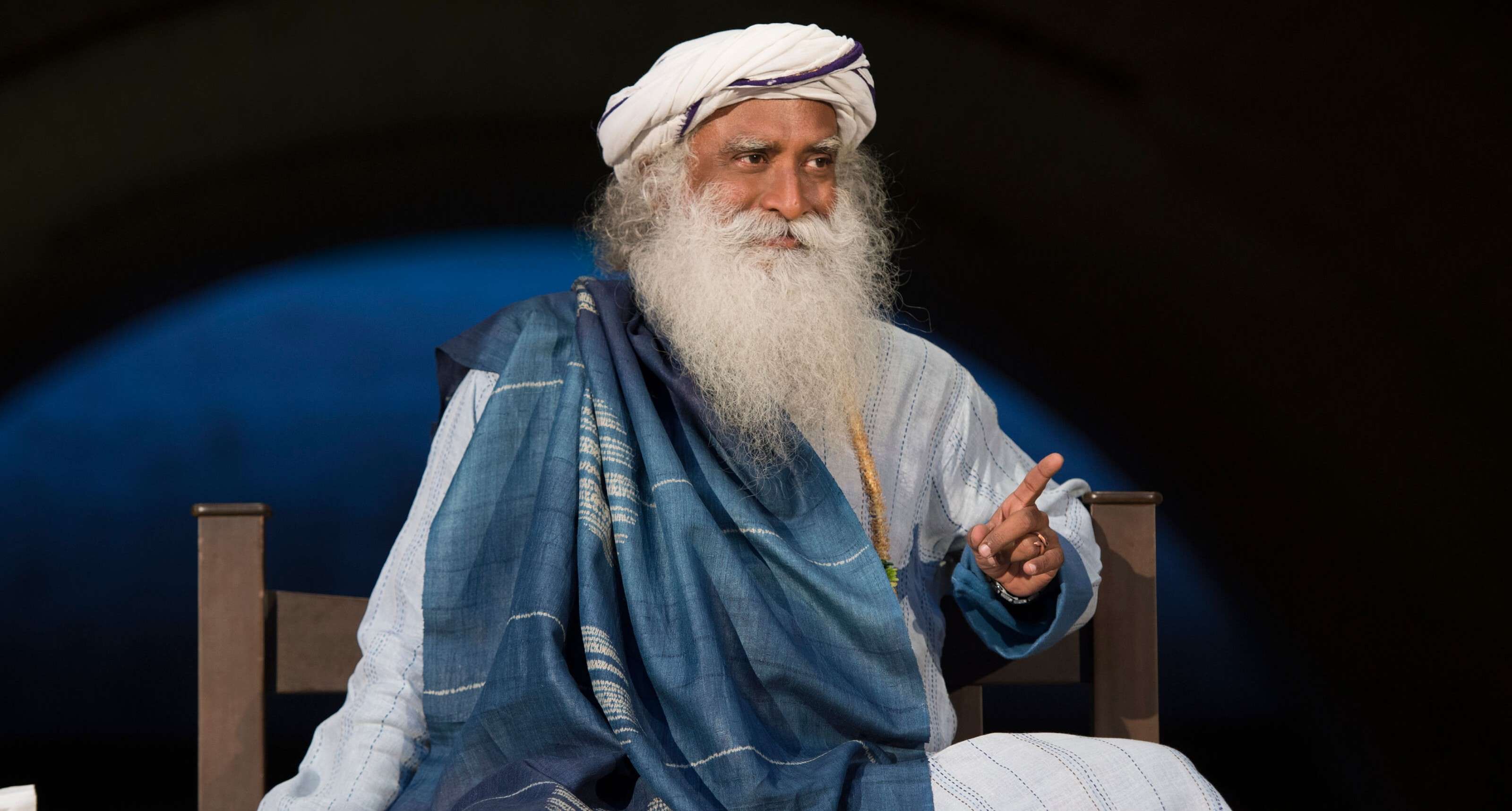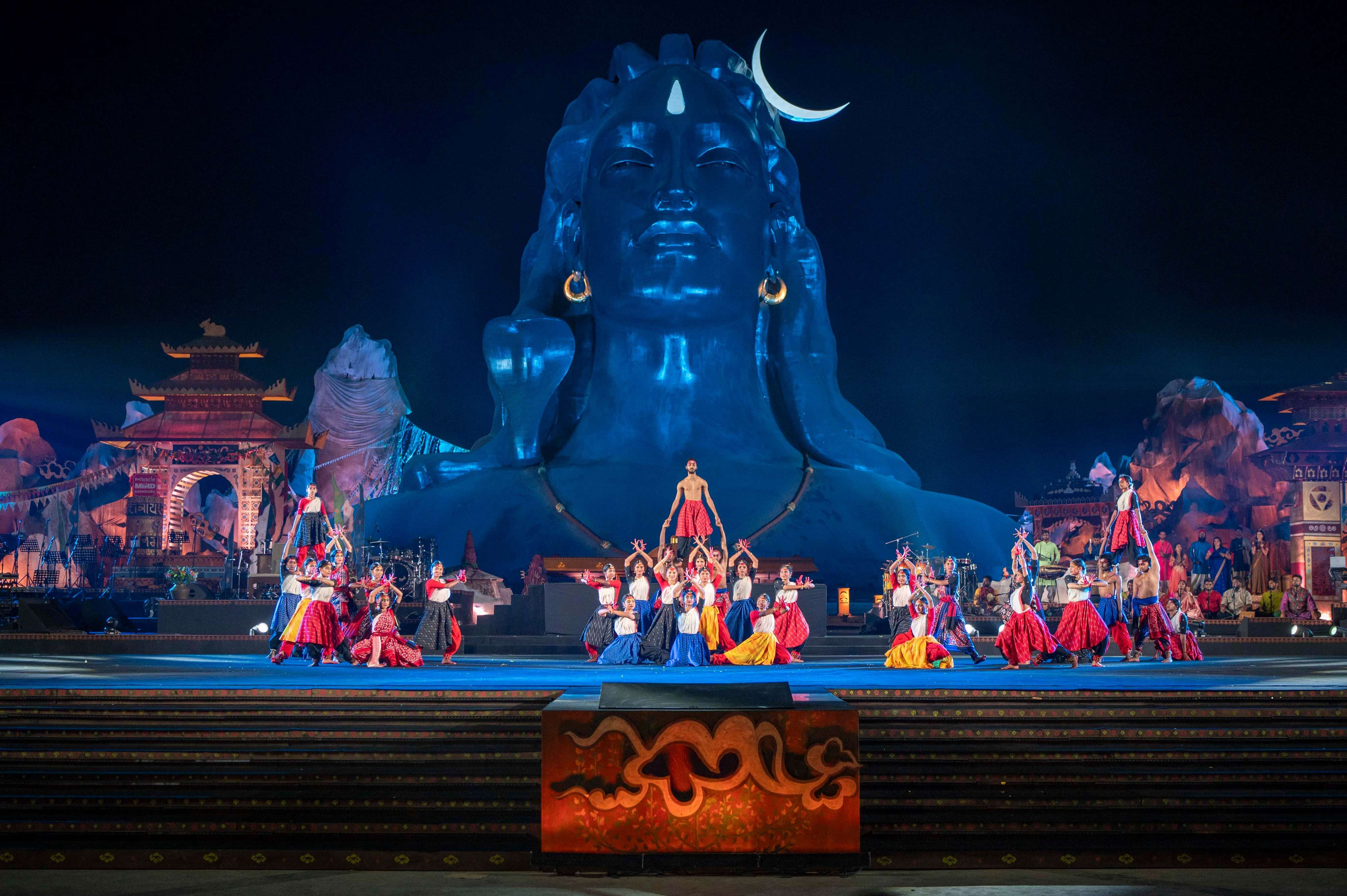

Where self-help influencers normalize failure, Sadhguru offers a stark alternative: We’re often too lost in our own delusions to even spot our mistakes, let alone correct them. It’s an insight that stings – and that is exactly the point. At its core lies a fundamental reframing of human potential itself.
Question: Sadhguru, with all your knowledge and wisdom, how do you handle it when you make a mistake?
Sadhguru: I correct it. Is there any other way to handle a mistake? If you make a mistake, correct it. But it takes a lot of clarity to even see that you have made a mistake. That is the whole problem. If you have no assumptions about yourself, you see things as they are. But if you have great assumptions about yourself, you do not see things as they are. When you do not see the mistake, the question of correction does not arise.
If you have eyes to see things as they are, there is no problem. But if all you have is a bundle of thoughts, emotions, prejudices, ideas, ideologies, and belief systems, you do not see reality the way it is. Then it becomes very hard for you to even realize you made a mistake, let alone correct it.
One day, an Indian cobra came to Dubai. After some time, the desert heat and monotonous brown color began to affect his eyes. He went to the local ophthalmologist. The doctor said, “No problem. I’ll give you special glasses specifically made for cobras.” You know, cobras have that distinctive spectacle-like marking on their hood. He had special glasses made and gave them to the cobra, who wore them and went away. After two weeks, the cobra came back, looking very depressed.
The doctor asked, “What happened? The glasses didn’t work?” The cobra said, “The glasses worked very well. But then I realized I’ve been living with a garden hose for the last two years!” When you bring clarity to your life, you may finally see everything as it is. This is a great benediction if you have no assumptions about yourself. But if you do, you will become disillusioned.
Some time ago, a young man came to me and said, “Sadhguru, I used to be full of zest, but then this girl came into my life and disillusioned me within six months.” I said, “Bring her here – we need to give her an award,” because otherwise, it might take a lifetime to come out of illusions. You must make up your mind whether you want to live in illusion or reality.
If you do not have eyes to see the beauty and the magnificent nature of reality, you will create your own illusion in your head. If you have eyes to see, everything is so spectacular. If you pay enough attention, every leaf, every insect, every little thing is unbelievably complex and sophisticated. Have you ever really looked at an ant? If you pay enough attention, you will see it is one of the most phenomenal designs on the planet.
Another issue with most human beings is that they use the word “human” to refer to their limitations and problems. No one says, “I am human!” They say, “I am only human.” You are the most evolved creature on this planet, with the most significant brain. Should you not say, “I’m human – I will do the most wonderful things,” rather than “I’m only human; I make mistakes.”? This is the attitude of a bad employee who is uncaring about what they are doing.

If you are concerned about what you are doing, will you make more mistakes or do more good things? If you are really concerned about what you are doing, why would you make a series of mistakes?
Some things may go wrong because of the complexity of our actions – because we are doing many new things, we may make a few mistakes. But we must get rid of sayings like “To err is human.” Instead, it should be, “I’m human. I do the most wonderful things.”
An ant, with its small brain, knows to bite only when necessary – to protect itself or its community. If an ant has this much sense, should you not have the sense to see that being human means you are on top of evolution, capable of doing the best things on this planet? We must change the context of how we look at what it means to be human. A human being is the peak of evolution on this planet, the peak of intelligence, competence, and capability.